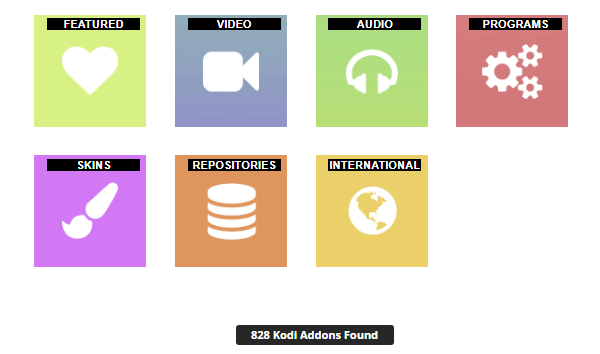
In a complaint filed in a federal court in Texas, add-on ZemTV and the TVAddons library were accused of copyright infringement. As a result, both are facing up to $150,000 for each offense.
Initially, the true identities of the defendants unknown and listed as John Does, but an amended complaint that was submitted yesterday reveal their alleged names and hometowns.
The Texas court previously granted subpoenas which allowed Dish to request information from the defendants’ accounts on services including Amazon, Github, Google, Twitter, Facebook and PayPal, which likely helped with the identification.
According to Dish ZemTV was developed by Shahjahan Durrani, who’s based in London, UK. He allegedly controlled and maintained the addon which was used to stream infringing broadcasts of Dish content.
“Durrani developed the ZemTV add-on and managed and operated the ZemTV service. Durrani used the aliases ‘Shani’ and ‘Shani_08′ to communicate with users of the ZemTV service,” the complaint reads.
The owner and operator of TVAddons is listed as Adam Lackman, who resides in Montreal, Canada. This doesn’t really come as a surprise, since Lackman is publicly listed as TVAddons’ owner on Linkedin and was previously named in a Canadian lawsuit.
While both defendants are named, the allegations against them haven’t changed substantially. Both face copyright infringement charges and potentially risk millions of dollars in damages.
Durrani directly infringed Dish’s copyrights by making the streams available, the plaintiffs note. Lackman subsequently profited from this and failed to take any action in response.
“Lackman had the legal right and actual ability to supervise and control this infringing activity because Lackman made the ZemTV add-on, which is necessary to access the ZemTV service, available for download on his websites.
“Lackman refused to take any action to stop the infringement of DISH’s exclusive rights in the programs transmitted through the ZemTV service,” the complaint adds.
TorrentFreak spoke to a TVAddons representative who refutes the copyright infringement allegations. The website sees itself as a platform for user-generated content and cites the DMCA’s safe harbor as a defense.
“TV ADDONS is not a piracy site, it’s a platform for developers of open source add-ons for the Kodi media center. As a community platform filled with user-generated content, we have always acted in accordance with the law and swiftly complied whenever we received a DMCA takedown notice.”
The representative states that it will be very difficult for them to defend themselves against a billion dollar company with unlimited resources, but hopes that the site will prevail.
The new TVAddons
After the original TVAddons.ag domain was seized in the Canadian lawsuit the site returned on TVaddons.co. However, hundreds of allegedly infringing add-ons are no longer listed.
The site previously relied on the DMCA to shield it from liability but apparently, that wasn’t enough. As a result, they now check all submitted add-ons carefully.
“Since complying with the law is clearly not enough to prevent frivolous legal action from being taken against you, we have been forced to implement a more drastic code vetting process,” the TVAddons representative says.
If it’s not entirely clear that an add-on is properly licensed, it won’t be submitted for the time being. This hampers innovation, according to TVAddons, and threatens many communities that rely on user-generated content.
“When you visit any given web site, how can you be certain that every piece of media you see is licensed by the website displaying it? You can assume, but it’s very difficult to be certain. That’s why the DMCA is critical to the existence of online communities.”
Now that both defendants have been named the case will move forward. This may eventually lead to an in-depth discovery process where Dish will try to find more proof that both were knowingly engaging in infringing activity.
Durrani and Lackman, on the other hand, will try to prove their innocence.
—
A copy of the amended complaint is available here (pdf).
Source: TF, for the latest info on copyright, file-sharing, torrent sites and ANONYMOUS VPN services.


 Earlier this month The Pirate Bay caused some uproar by
Earlier this month The Pirate Bay caused some uproar by 
 Website blocking has become a common tool for copyright holders to target online piracy.
Website blocking has become a common tool for copyright holders to target online piracy. 

 Online streaming piracy is on the rise and many people use dedicated media players to watch unauthorized content through their regular TV.
Online streaming piracy is on the rise and many people use dedicated media players to watch unauthorized content through their regular TV.
